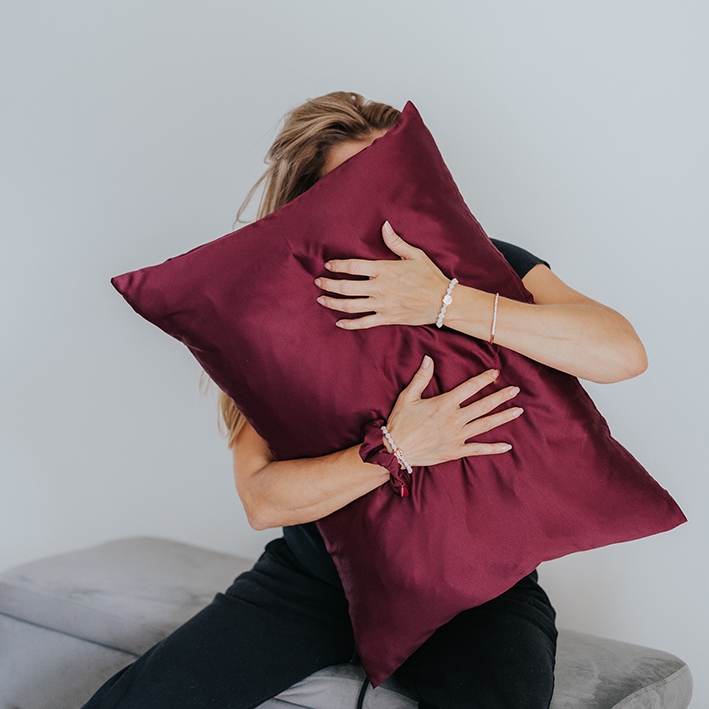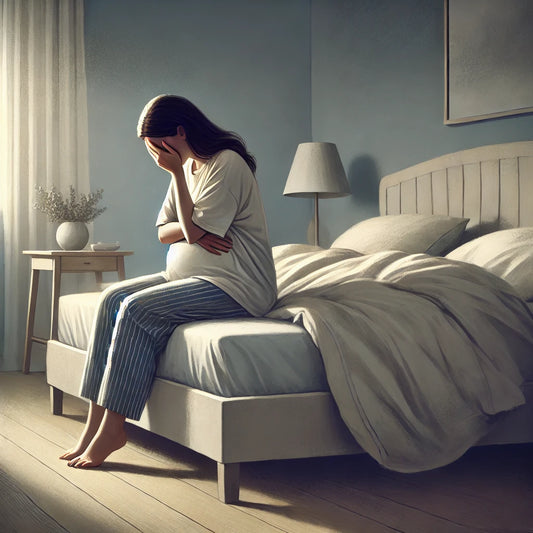Help!!! I have involuntary loss of urine
Involuntary loss of urine (or: urinary incontinence) can occur at any age and is often a social and/or hygienic problem. Involuntary loss of urine often leads to feelings of shame and frustration. In many cases, however, the problem can be solved or greatly reduced.
The causes of involuntary loss of urine usually differ per age category. The occurrence of urinary incontinence increases with age. Urinary incontinence occurs in more than half of Dutch women aged 45 and older living independently at home. Men can also suffer from urinary incontinence. However, this is twice as rare as in women.
Stress incontinence
Stress incontinence is also known as stress incontinence. There is involuntary loss of urine at times such as coughing, sneezing, laughing, bending over, lifting, exercising or moving in such a way that the pressure in the abdomen suddenly increases. Stress incontinence is the most common type of incontinence in women, but can also occur in men.
Possible causes of stress incontinence can be:
- Weak bladder function (sphincter muscle that regulates the drainage of urine from the bladder);
- Weak or too strong pelvic floor muscles;
- In women: reduced resistance to urination as a result of estrogen deficiency (menopause) or physical changes due to one or more deliveries or an operation in the lower abdomen;
- In men: removal of the prostate (radical prostatectomy) or the upper part of the urethra.
Urge incontinence
Urge incontinence (or: urge incontinence) is a compelling urge to pass urine, followed by involuntary loss of urine. Normally one can hold in urine for some time after one first feels that the bladder is full. People with urge incontinence usually have too little time to reach the toilet. In women, this condition may or may not occur in conjunction with stress incontinence, also known as mixed urinary incontinence.
Possible causes of urge incontinence can be:
- A urinary tract infection;
- Hyperactivity of the bladder;
- An obstruction of urination;
- Bladder stones or tumours;
- Medicines, especially diuretics.
Overflow Urinary Incontinence
Overflow urinary incontinence is the involuntary leakage of small amounts of urine from a full bladder. This occurs when the bladder enlarges and becomes insensitive due to chronic retention of urine. The pressure in the bladder becomes so high that small amounts of urine drip out. On physical examination, the doctor often feels a full bladder.
Possible causes of overflow urinary incontinence are:
- The urine cannot drain properly, usually due to prostate enlargement or prostate cancer in men or due to a congenital narrowing of the urethra in children;
- Weakened bladder muscles;
- Nervous disorder;
If any urine loss limits your life, it is strongly recommended that you talk to a specialist about this. In most cases this will be with the general practitioner who can decide to refer you to a specialist with the field of expertise; loss of urine.
There are many possibilities to reduce the complaints or even to have them disappear completely. Talk about it and don't dwell on it.





